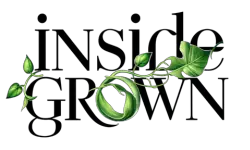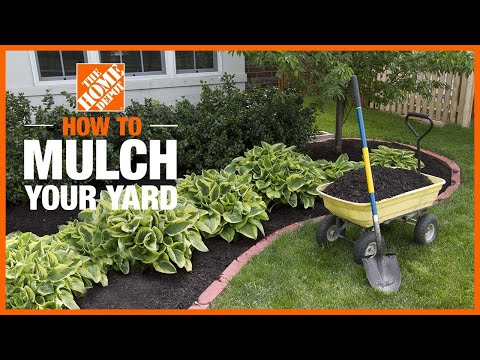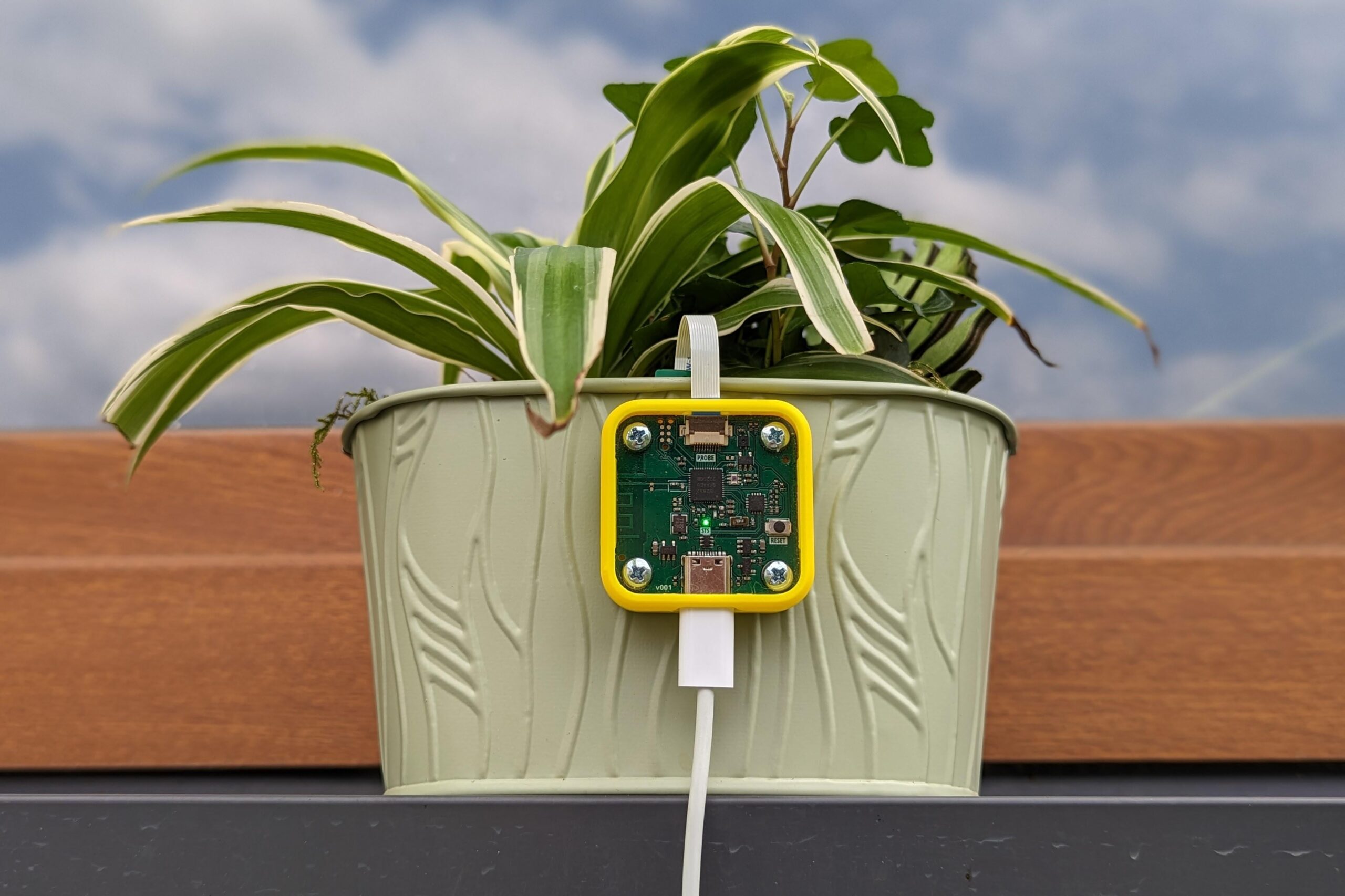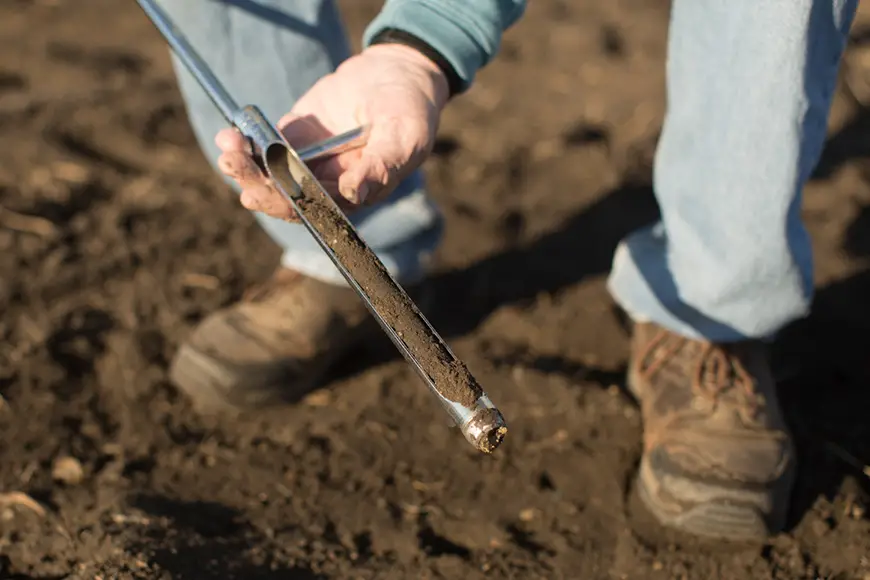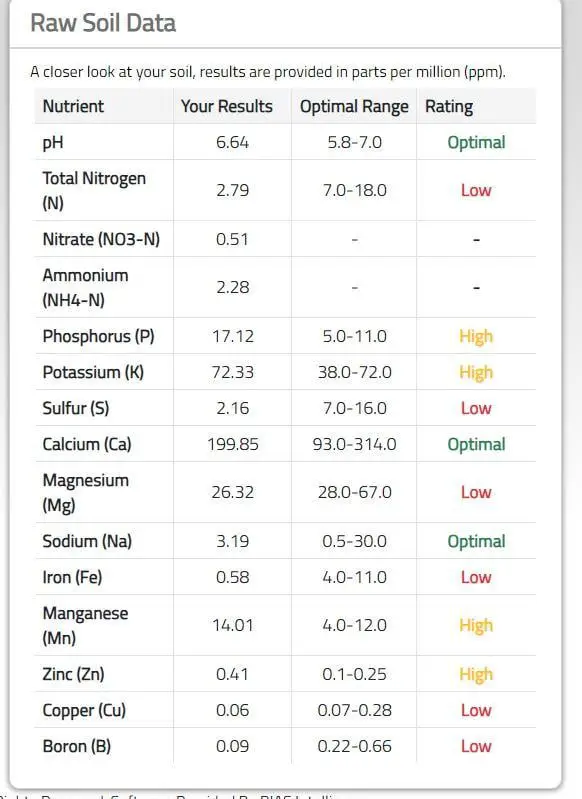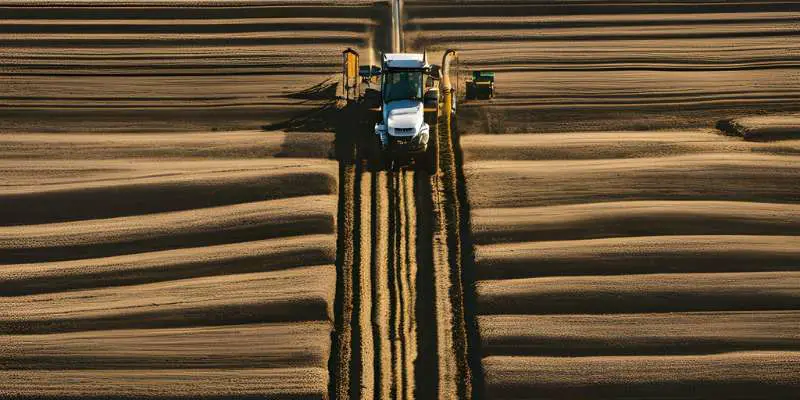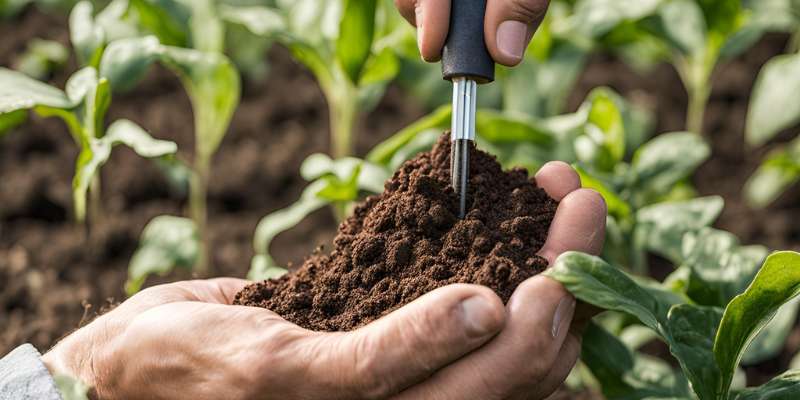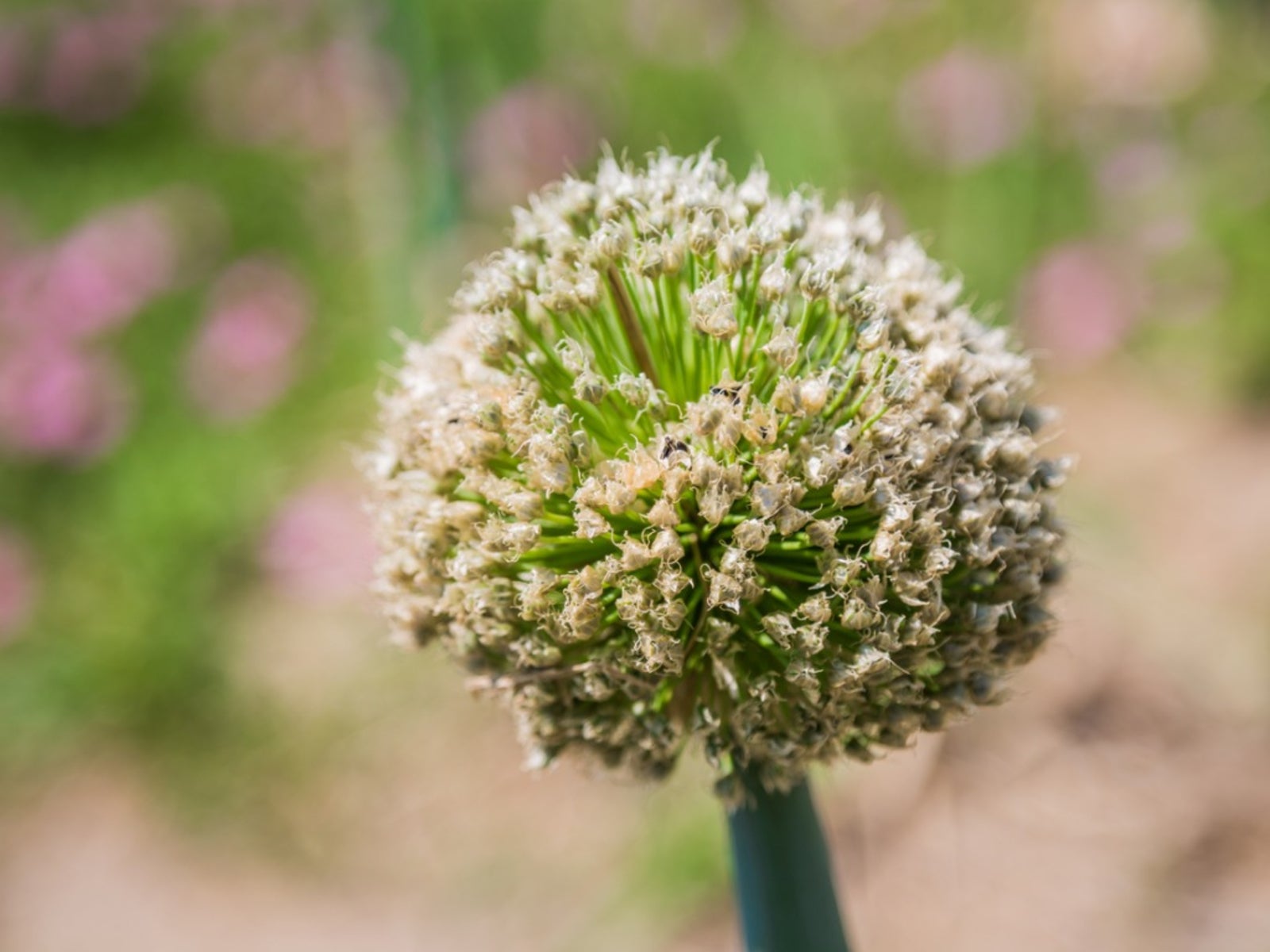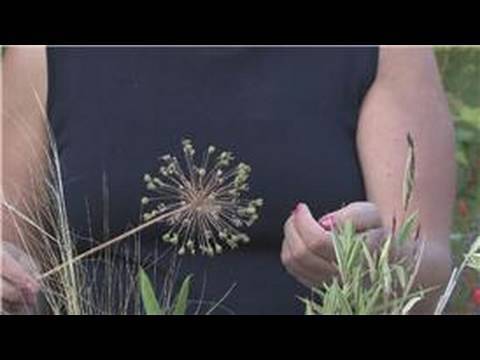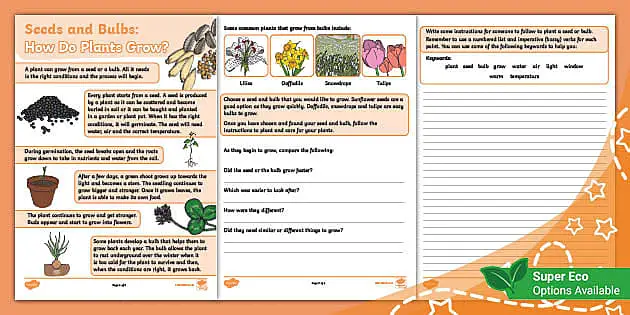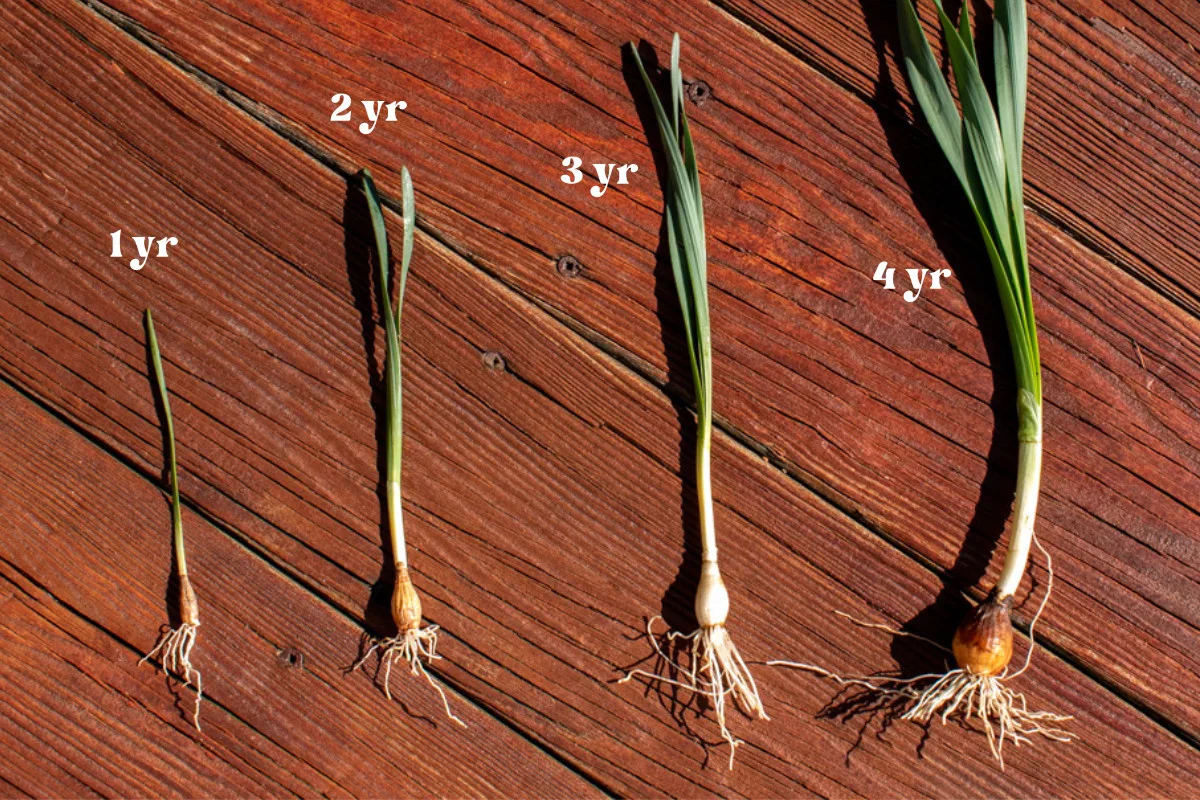Category: Planting
-
How to Make Landscape Mulch: A Simple Step-by-Step Guide
Making your own landscape mulch can be both rewarding and practical. It’s a sustainable way to enhance your garden. Creating mulch at home helps recycle yard waste and enriches your soil. It’s also cost-effective, reducing the need to buy commercial mulch. Plus, you control what goes into it, ensuring no harmful chemicals. Homemade mulch can…
Categories: Garden Mulch -
How to Monitor Plant Health: Essential Tips and Tools
To monitor plant health, observe the leaves, stems, and soil conditions. Understanding these basics can help you keep your plants thriving. Healthy plants are essential for a beautiful garden or home. They bring life and color to your surroundings. But how do you ensure your plants stay in peak condition? Monitoring plant health involves checking…
Categories: Plant & Soil Monitoring -
What Soil Sampling Reveals: Boost Your Crop Yield Today
Soil sampling is vital for understanding soil health. It helps in farming and gardening. Soil sampling involves collecting soil from different areas and analyzing it. This process provides essential information about nutrient levels, pH balance, and composition. Farmers and gardeners use this data to make informed decisions about fertilization, irrigation, and crop selection. By knowing…
Categories: Plant & Soil Monitoring -
When Should You Do a Soil Test: Essential Timing Tips
You should do a soil test before planting. It helps you understand soil health and nutrient levels. Soil testing is a critical step for any gardener or farmer. It ensures your soil has the right nutrients for healthy plant growth. By testing your soil, you can prevent problems before they start. Healthy soil means healthy…
Categories: Plant & Soil Monitoring -
Why is Soil Sampling Done: Unlocking Agricultural Success
Soil sampling is essential for understanding soil health. It helps in determining nutrient levels and soil composition. Farmers, gardeners, and land managers often rely on soil sampling. They use it to make informed decisions about crop production and soil management. By analyzing soil samples, they can identify nutrient deficiencies and pH imbalances. This information is…
Categories: Plant & Soil Monitoring -
Why is Soil Sampling Important: Unlocking Healthier Crops
Soil sampling is crucial for understanding your land. It helps improve crop yields and sustainability. Soil sampling provides essential data about nutrient levels and soil health. This process involves collecting soil samples from different areas of your field. The information gathered helps farmers and gardeners make informed decisions. Knowing the nutrient levels in the soil…
Categories: Plant & Soil Monitoring -
How to Get Seeds from Onion Bulb: A Step-by-Step Guide
Getting seeds from an onion bulb is simpler than you might think. It’s a straightforward process that any gardener can follow. Onions are a staple in many kitchens, adding flavor to countless dishes. But did you know you can grow onions from seeds collected from your own bulbs? This not only saves money but also…
Categories: Seeds & Bulbs -
Allium Seeds Vs Bulbs: Which is Better for Your Garden?
Deciding between planting allium seeds or bulbs? Both options have their own set of benefits and considerations. Choosing the right method can significantly impact your garden’s beauty and growth. Allium, known for its striking flowers, is a favorite among gardeners. Whether you opt for seeds or bulbs, each method offers unique advantages. Seeds can be…
Categories: Seeds & Bulbs -
How Do Seeds And Bulbs Grow: Unraveling Nature’s Miracle
Seeds and bulbs grow through a fascinating process. They transform from tiny structures into thriving plants. Have you ever wondered how seeds and bulbs grow into beautiful flowers or fruitful plants? The journey begins with a small, seemingly lifeless seed or bulb. Once planted in the soil, they embark on an incredible transformation. Seeds need…
Categories: Seeds & Bulbs -
Are Daffodils Seeds Or Bulbs? Unveiling the Growing Mystery
Daffodils grow from bulbs, not seeds. This is a common question among gardeners. Let’s explore why this is important. Daffodils are a beautiful addition to any garden. Understanding how they grow helps you care for them better. While some flowers grow from seeds, daffodils need bulbs to thrive. Bulbs store nutrients that seeds can’t, making…
Categories: Seeds & Bulbs
